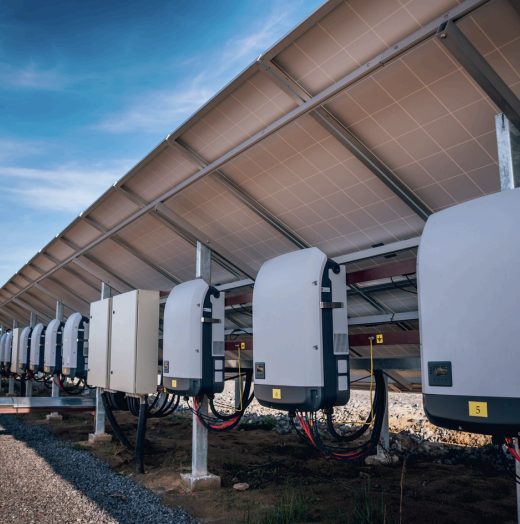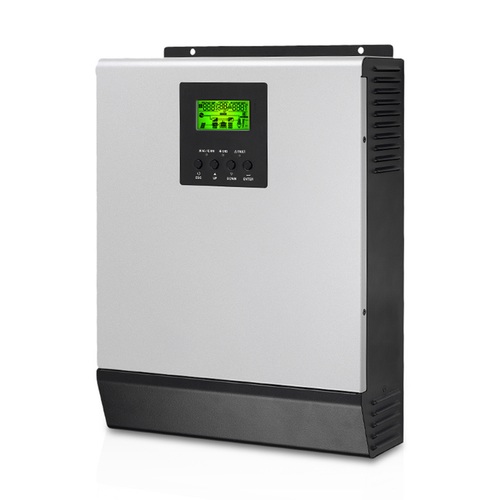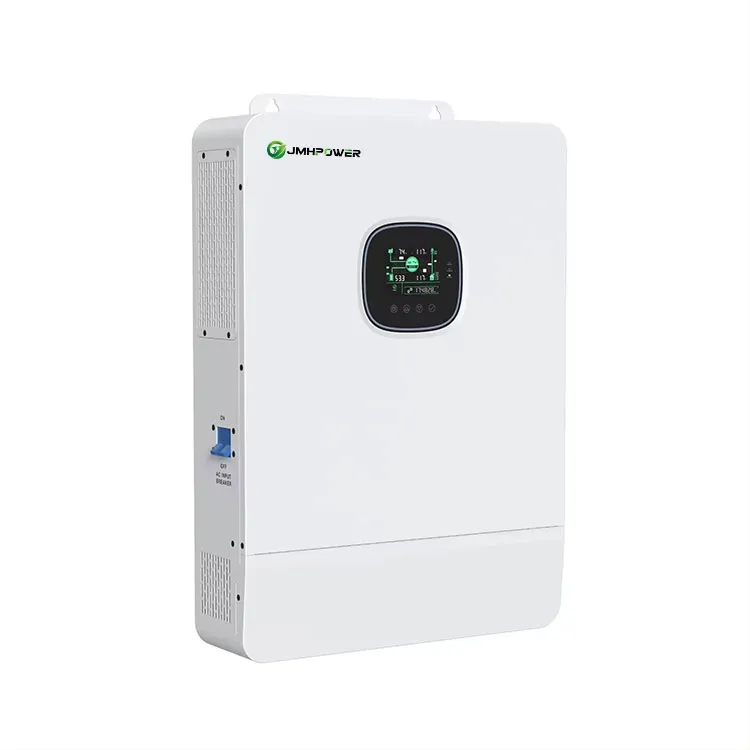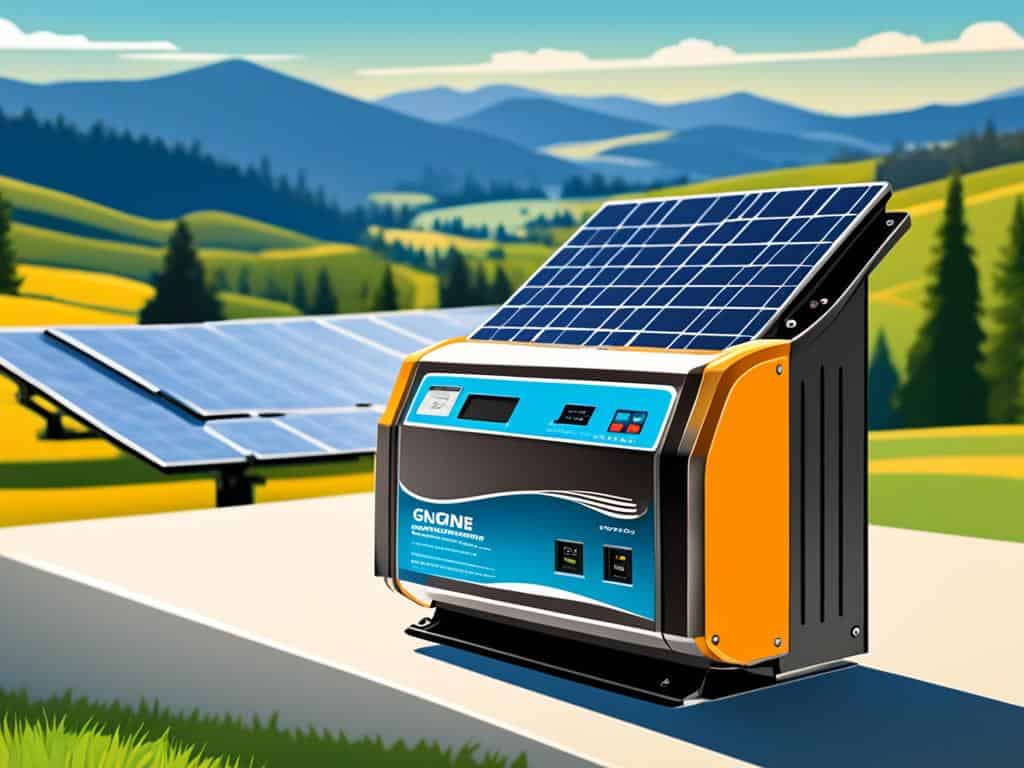
A solar inverter is a crucial component of solar energy systems, converting the direct current (DC) produced by solar panels into alternating current (AC) used to power homes, businesses, and other electrical devices. These inverters play a pivotal role in ensuring the efficient use of solar energy by optimizing the energy output from panels and managing its distribution. Solar inverters are integral to off-grid, on-grid, and hybrid solar power setups, making them versatile solutions for sustainable energy needs. Solar inverters also come equipped with advanced features such as real-time monitoring, power regulation, and grid-tie capabilities, enabling seamless integration with existing power grids. They are essential for improving energy independence, reducing electricity bills, and minimizing carbon emissions. As the adoption of solar energy grows, the demand for reliable and efficient inverters continues to rise, making them a cornerstone of renewable energy systems.



The primary challenge in solar inverter projects is ensuring consistent performance and reliability under varying weather conditions. Fluctuations in solar panel output due to cloud cover, dust accumulation, or seasonal variations can impact the inverter's efficiency. Additionally, overloading the inverter due to improper system sizing can lead to failures and reduced lifespan. Another challenge is the initial cost of high-quality solar inverters, which may deter small-scale users. Maintenance and repairs, especially in rural or remote areas, can be challenging due to a lack of skilled technicians or availability of spare parts. Moreover, ensuring compatibility with local power grids and complying with regulatory standards can further complicate the deployment of solar inverters.
The primary challenge in solar inverter projects is ensuring consistent performance and reliability under varying weather conditions. Fluctuations in solar panel output due to cloud cover, dust accumulation, or seasonal variations can impact the inverter's efficiency. Additionally, overloading the inverter due to improper system sizing can lead to failures and reduced lifespan. Another challenge is the initial cost of high-quality solar inverters, which may deter small-scale users. Maintenance and repairs, especially in rural or remote areas, can be challenging due to a lack of skilled technicians or availability of spare parts. Moreover, ensuring compatibility with local power grids and complying with regulatory standards can further complicate the deployment of solar inverters.